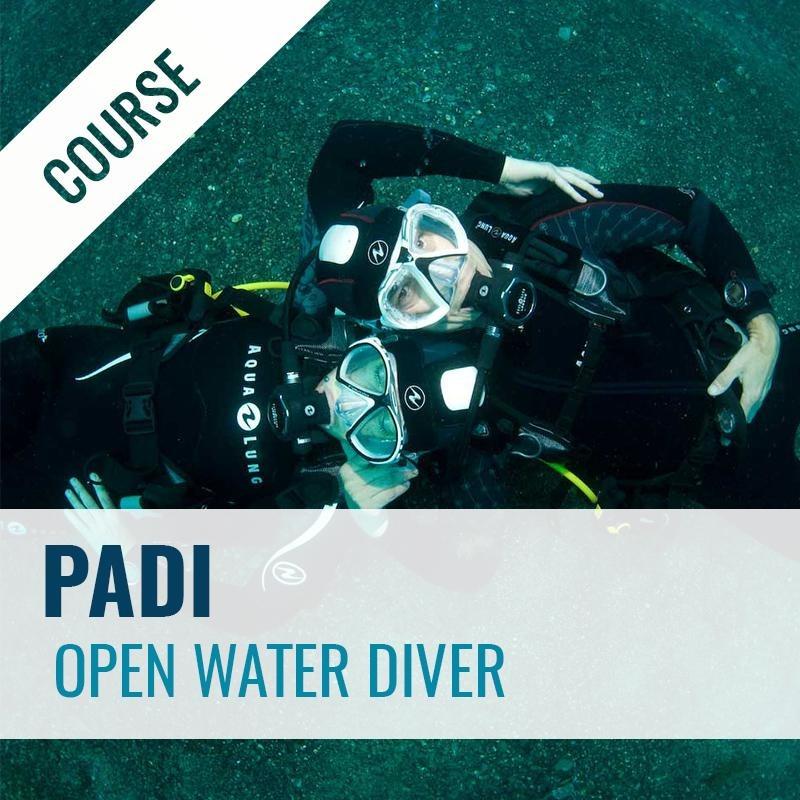ENROLLING NOW FOR THE DIPLOMA IN PROFESSIONAL SCUBA INSTRUCTION!
ENROLLING NOW FOR THE DIPLOMA IN PROFESSIONAL SCUBA INSTRUCTION!
Career Courses
Short Courses
Come Diving

Career Course Frequently Asked Questions
Career Course Frequently Asked Questions
-
No prior diving experience is required for the Diploma in Professional Scuba Instruction or New Zleand Certificate in Diving (Rescue Diver) programmes. Training starts with basic snorkelling and scuba skills.
-
Students must swim 200m or snorkel 300m and float/tread water for 10 minutes. Professional-level divers need to be relatively strong swimmers.
-
Full-time: 9am–5pm Monday to Thursday, with some variations.
Part-time: Weekends and some evenings. Days are normally 9am–5pm.





